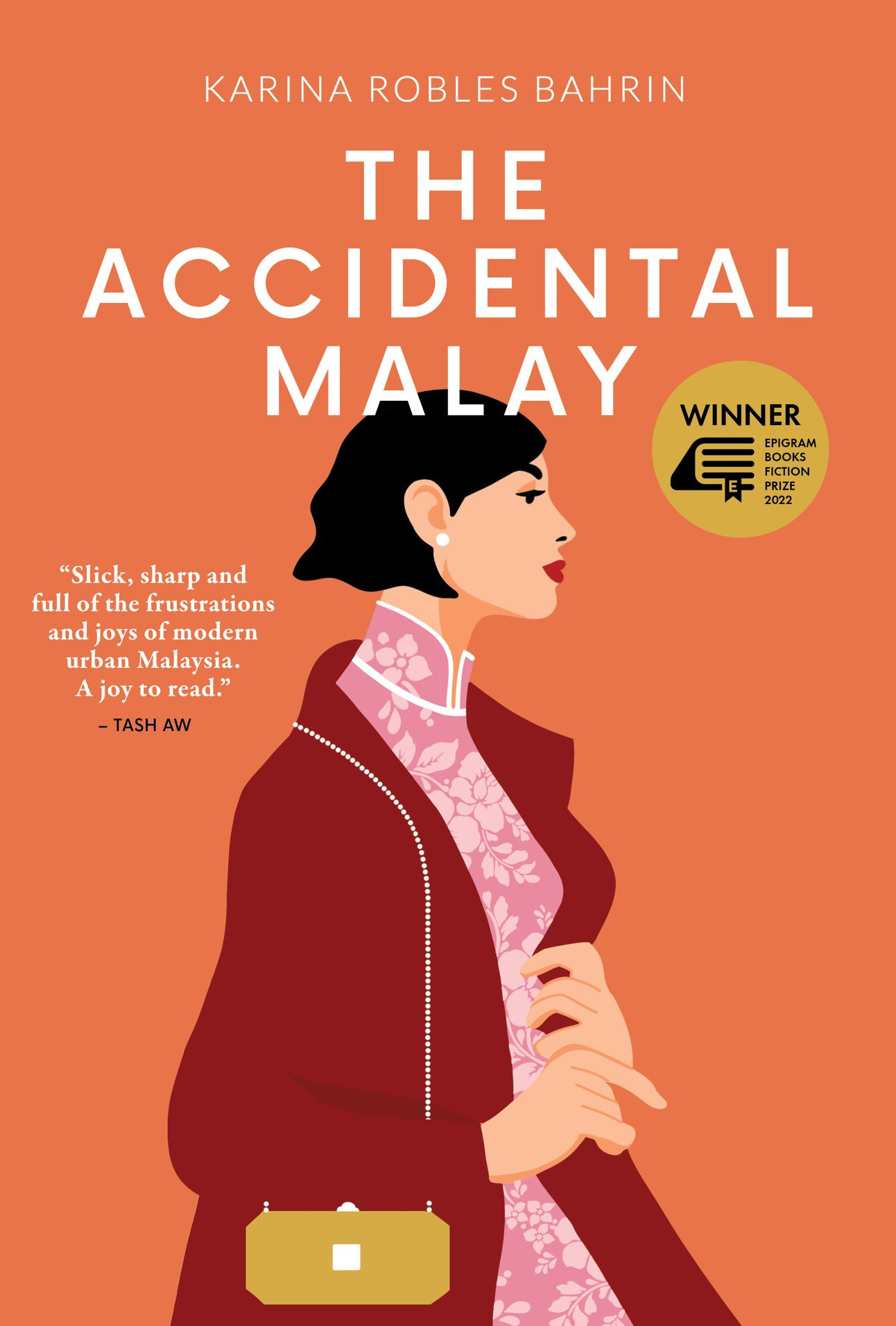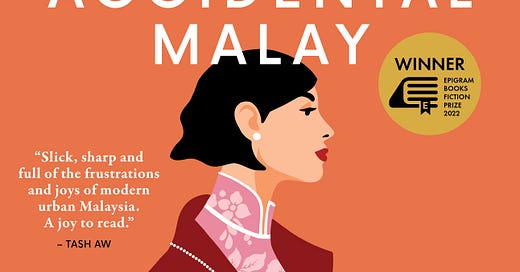First, Correspondence
After only two newsletters, I already had to take a break last week. I needed it, though. I was writing and proofreading things, which I’ll share when I can, and responding to lots of correspondence from you, my subscribers!

Inspector Tun Hamzah Briefing Section Leaders Before a Night Operation during the Malayan Emergency, probably in 1958. Source: Alamy/SCMP.
I’ve had lots of excellent advice, witty quips, and a few questions, such as:
How did members of Malaya’s leftwing parties respond when their parties were banned with the Emergency Proclamation in 1948?
How did Malay people on the Left adjust to life in UMNO or PAS, the two main acceptable Malay parties that remained? How did some of them adapt to going underground with the Malayan Communist Party?
How did governments around the Muslim World displace Muslim/Islamist movements they declared unorthodox or inappropriate? How did these movements respond, politically, to their displacement? (I have an article on this question, in a special issue of Itinerario that I co-edited with Josh Gedacht in 2021. Contact me if you can’t access it.)
My study will involve reading British archives from Malaya and/or Borneo. How do I actually do this? How to plan? Do I use only the British Colonial Office files? What else could I use? How to choose?
And a few others, too. I’ll do my best to keep track of input and questions, and I’ll aim to address it all in future newsletters.
Latest Picks
Meanwhile, on the weekend, I was on Radio National’s The Pick, which is a monthly segment on Geraldine Doogue’s Saturday Extra show. They invite people who work in international affairs to come on from time to time, to talk about what they’re reading, watching, listening to, etc.

Cover of An Accidental Malay, by Karina Robles Bahrin
I discussed The Accidental Malay, a novel by Karina Robles Bahrin. I’ll meet Karina during the OzAsia Festival’s In Other Words writers’ program in November. The book’s about a heavy-drinking, pork-selling, Chinese businesswoman who discovers she’s Malay, and therefore Muslim - and therefore expected to behave in certain ways - and how she deals with this discovery.
I also mentioned Tan Teng Phee’s fantastic Behind Barbed Wire, on the Chinese New Villages, or detention camps, that the British set up during the Emergency.
And I recommended a couple of podcasts. One was Empire, by William Dalrymple and Anita Anand, whose popularity I think shows that history is really attractive, which is precisely why so many non-historians want to dabble in it after the history jobs are cut!
And the other was Firebomb, an ABC series on the Perth Chinese restaurants that were firebombed by neo-Nazis in 1988. It’s an excellent podcast, that really takes me back to being a kid in Perth, who saw the posters everywhere. I won’t insert an image here, but the “No Asians” one is etched in my brain, and you can view it here. Read more about this history here and here.
Previous Picks
I’ve been on The Pick a couple of times before, in February this year and in October 2020.
And I’ve recommended all sorts of things that help us understand international affairs, from the computer game Civilisation VI, which foreshadows a multipolar world and which I play on my Nintendo Switch, to Black Panther: Wakanda Forever, which is like an introduction to anti-colonial politics: pragmatic vs militant.
I’ve also discussed my favourite, “civilisational” Turkish dizis about the Ottoman Empire, Resurrection: Ertugrul and Magnificent Century, which is possibly more scandalous because it’s set in the harem. It’s every bit as political, of course.
I’ve discussed the soundtrack to the excellent Netflix series, Sacred Games (linked above, and tracks 3-6 are my favourites). This show is about a Bombay/Mumbai police inspector and an underworld network spanning India and the Persian Gulf. Its tracks remind me of music by Bappi Lahiri, the Indian composer who copied everything he did and yet successfully sued American rapper Dr Dre for cultural appropriation in the track below. Excellent story.
What’s copying, anyway? M.I.A. covered Bappi Lahiri’s track “Jimmy,” from the film Disco Dancer, in 2007, and I loved it.
I’ve also discussed other books during my little radio segments, of course, such as Chiara Formichi’s Islam and Asia, which covers what it says it does, and Tim Winter’s Geocultural Power, which discusses how “emerging” powers mobilise history and cultural heritage to make “civilisational” claims in the present (see Ertugrul and Magnificent Century above).
And I discussed Anwar Ibrahim’s SCRIPT for a Better Malaysia, which sets out his MADANI framework, and which I reviewed for New Mandala. I couldn’t help noticing how it reads like it was co-created on a Kanban board.


